World
The modern world cannot be studied without examining the course, impact and legacy of two world wars, the resources in this section set out to look at both the First and Second World Wars in their global context. The section also includes the Cold War and its impact in Latin America, South-East Asia and parts of Africa. This period also sees the rise and fall of European imperialism and the changing nature of global politics and economics as technology brings different stories from so many parts of the world directly to us. Read more
Sort by:
Date (Newest first) | Title A-Z
Show:
All |
Articles |
Podcasts |
Multipage Articles
-
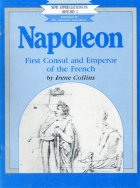
Napoleon: First Consul and Emperor of the French
ArticleClick to view -
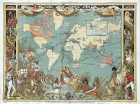
Navigating the ‘imperial history wars’
ArticleClick to view -
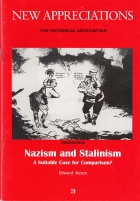
Nazism and Stalinism
ArticleClick to view -

Nineteenth Century African chiefs in Nuneaton: A local mystery uncovered
ArticleClick to view -
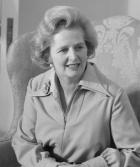
Obituaries: the first verdict in history
ArticleClick to view -

Out and About in Madagascar
ArticleClick to view -

Personality & Power: The individual's role in the history of twentieth-century Europe
ArticleClick to view -

Photography in Korea, The Hermit Kingdom
ArticleClick to view -
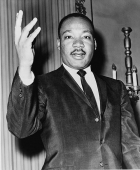
Polychronicon 138: The Civil Rights Movement
ArticleClick to view -
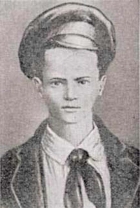
Polychronicon 139: Civic denouncer: The lives of Pavlik Morozov
ArticleClick to view -
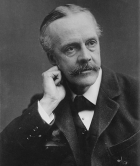
Polychronicon 143: the Balfour Declaration
ArticleClick to view -

Polychronicon 160: Interpreting 'The Birth of a Nation'
ArticleClick to view -

Populism, Progressivism and Trumpism
ArticleClick to view -
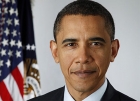
President Barack Obama and the State of the Union Address
ArticleClick to view -

Pressure and Persuasion Canadian agents and Scottish emigration, c. 1870- c. 1930
ArticleClick to view -

Radiating the Revolution: Agitation in the Russian Civil War 1917-21
ArticleClick to view -

Real Lives: Anna Wessels Williams (1863–1954)
ArticleClick to view -

Recorded Webinar: India and the Second World War
ArticleClick to view -

Recorded Webinar: Resisting Reagan
ArticleClick to view -

Recorded Webinar: ‘Drawing the Line’: the 1947 Partition of India
ArticleClick to view

